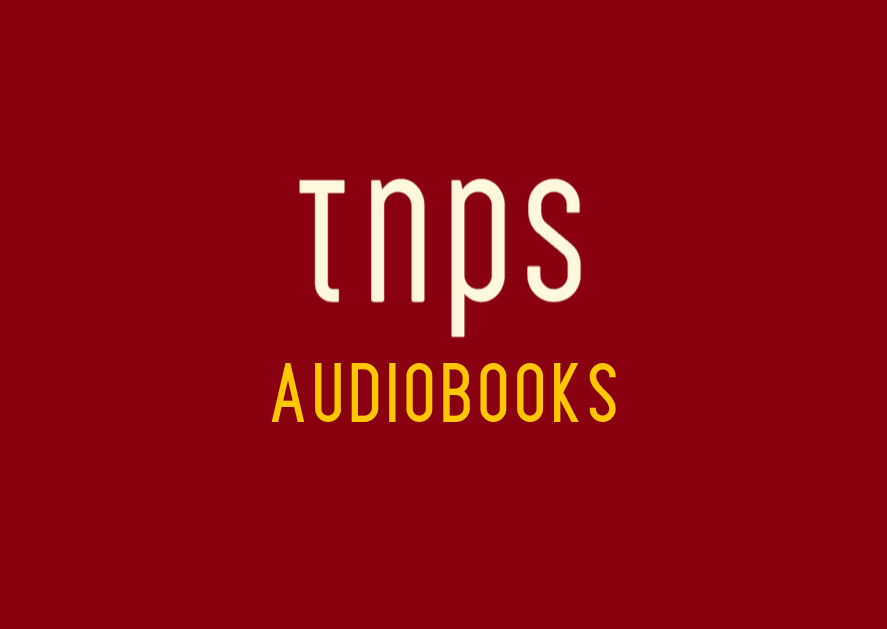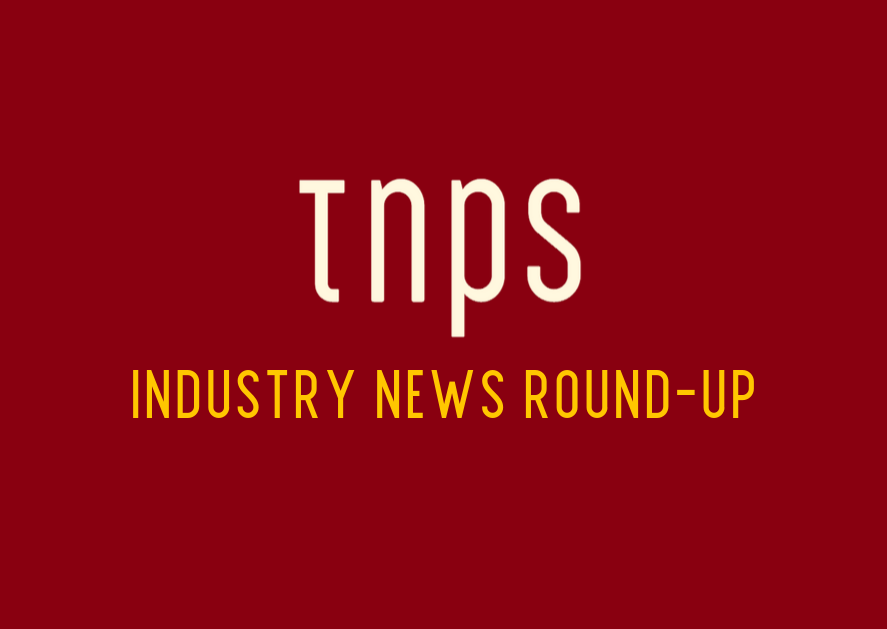Audible, like CreateSpace, began life independently of Amazon, and by the time Amazon acquired them both, these two savvy publishing ventures had carved niches that, for the longest while, Amazon was happy to leave alone.
Everyone was happy.
But Audible, an ambitious, globally-minded operation, soon found that its international aspirations were beholden to Amazon’s roadmap.
Which again seemed fine in those heady days of the early 2010s. The Kindle store seemed unstoppable as Amazon rolled out in country after country, committed to having,
every book, ever published, in any language available for Kindle customers to purchase and begin reading in less than 60 seconds
But the Kindle store roll-out ground to a halt in 2014 and in 2018 Amazon rubbed salt in the wound by merging CreateSpace with KDP and pulling support for all but forty languages, nearly all west European, whereas the old CreateSpace, owned by Amazon, catered for almost any language.
And there’s the problem: Amazon started out as a bookstore selling printed books. It still does, of course, but publishing is a tiny fraction of Amazon’s business nowadays.
In the early days Amazon invested heavily in dealing with publishers. And when the Kindle stores were rolled out they followed the same rail-tracks. Where Amazon was already dealing with publishers it was simple to add a Kindle store.
But Amazon clearly sees no profit in extending Kindle reach beyond that handful of core markets.
Similarly Audible brought to the table its pre-existing international reach and Amazon has cautiously extended that to markets where Amazon has a significant book interest. But again, step outside that comfort zone and Audible is simply not a player.
Last year Audible launched in India, where of course Amazon has committed a huge investment and owns a publisher.
Right now Audible is preparing for a launch in Spain, and there’s likely an Audible Brazil on the cards. Unsurprising given Amazon has a major stake in the Brazil market.
But these are all part of the Amazon international infrastructure laid out half a decade or more ago. There is no indication Amazon is at all serious about the book markets in other countries, leaving an open goal for globally ambitious operators like Sweden’s Storytel, Brazil’s Ubook and Poland’s Audioteka.
This week comes news that Audioteka, founded in 2009 by Marcin Beme and long since the biggest audiobook player in both Poland and the Czech Republic, is now competing with Storytel in Turkey.
Audioteka Turkey General Director Göktuğ Oğuz reports there are twenty Turkish publishers on board so far, and that to help Audioteka Turkey reach readers it has partnered with n11.com, Caffè Nero and Samsung.

Audioteka, which claims to have over one million subscribers, provides content in Polish, Czech, Slovak, Lithuanian, French, German, Italian, Spanish and now Turkish.
It is working on original content, and has an ebook and audiobook hybrid called Audiobooki+.





